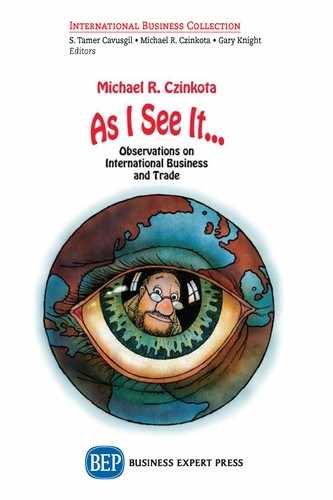Too Much Information for Germans and Americans
Sri Lanka Guardian, May 2015

The intelligence communities on both sides of the Atlantic (and probably the Pacific too) are reeling. Major accusations are levied about the inappropriateness and possibly even illegality of their data-collection efforts. Going far beyond the Edward Snowden revelations, the claim is about systematic industrial espionage, with data scooping far in excess needed for the battle against terrorism. German chancellor Merkel Germany is accused of either having approved industrial espionage assistance provided to the United States by the German Federal Information Service, or of not having kept up with such assistance practices by Germany’s secret trolls.
The accusations do not differentiate between the collection of information and the subsequent usage of the information. Information gathering is akin to panning for gold. One does not know what is there until one has it. Here can be indications, impressions, rumors, suggestions—but what matters in the end is what one actually has in hand.
Once information is available, the question becomes what to do with it. Here it is important to remember the purpose and rationale for the collection process, which can cover issues ranging from nuclear nonproliferation to safeguarding against terrorism, or tracking of potential attacks. There is temptation to think of secondary uses for new knowledge, particularly when it could be worth hard percentage points on the competitiveness scale, such as new insights on hydraulics, or new genetic understandings of agricultural production.
Such possible collateral data benefits, which were not (or should not have been) part of the original collection plan, represent high temptation for abuse, and can lead to an abyss of distrust. Once discovered, there is psychic distancing between governments, and growing legal uncertainty for firms who have received and used information. What may appear like a good deal now, may, in future lay the foundation for massive punitive payments which could lead to ruin.
New heydays for attorneys and notaries follow as well, since all sides want to be protected. Transactions slow down and become more expensive because counsel needs to be consulted and more participants provide input, for a price. Clandestine information inflow makes collaboration more difficult and reduces the ability to develop far-reaching visions. One cannot always attribute new insights to late-night eureka moments.
Just because something can be done does not mean that it should be done. Particularly in the international realm it is important, just as it was centuries ago, to be known as an Honorable Merchant whom others can trust and join in collaboration. On the German–American information collection side there are few problems: Reinhard Gehlen, Germany’s spy chief of last century’s fame, writes in his memoirs in the late 1960s about the permanent U.S. right to collect data in Germany. Even without any agreement, such sharing of insights is still reasonable today.
An analysis of the use of collected data (or lack thereof) can benefit from German literature. Franz Kafka’s “The Trial” shows how nontransparent information in the hands of public authority can diminish humanity. Max Frisch in his “Arsonists” explains the danger from evildoers who are not restrained in their actions. Unless society is sensitive to these issues, otherwise, Frisch concludes, the house will burn.
Using information obtained for sovereign protective purposes to enhance corporate competitive advantage, is wrong. Doing so, distorts market signals to investors, producers, and customers. These signals provide free nations with economic superiority, capabilities, and innovation. Those who manage information on terrorists have no advantage in providing information to businesses.
Government actions can push firms in directions which they would not have taken, to everybody’s detriment. We have seen such distortions for computer chips in the past, and in solar technology at present.
We live in an era of transition. Entirely new ways for information collection and use are becoming possible. We all have to learn to understand new conditions and expectations. The economic dimension is important but not the only dimension leading to societal and individual content. Those that collect, use, and distribute data must clarify their purpose at least internally, already early on obtain insights from data use specialists, and attain agreement on collaboration and then stick to the plan. Otherwise the benefits which look good now will come back to haunt us all later. The German and American governments and firms deserve better.
